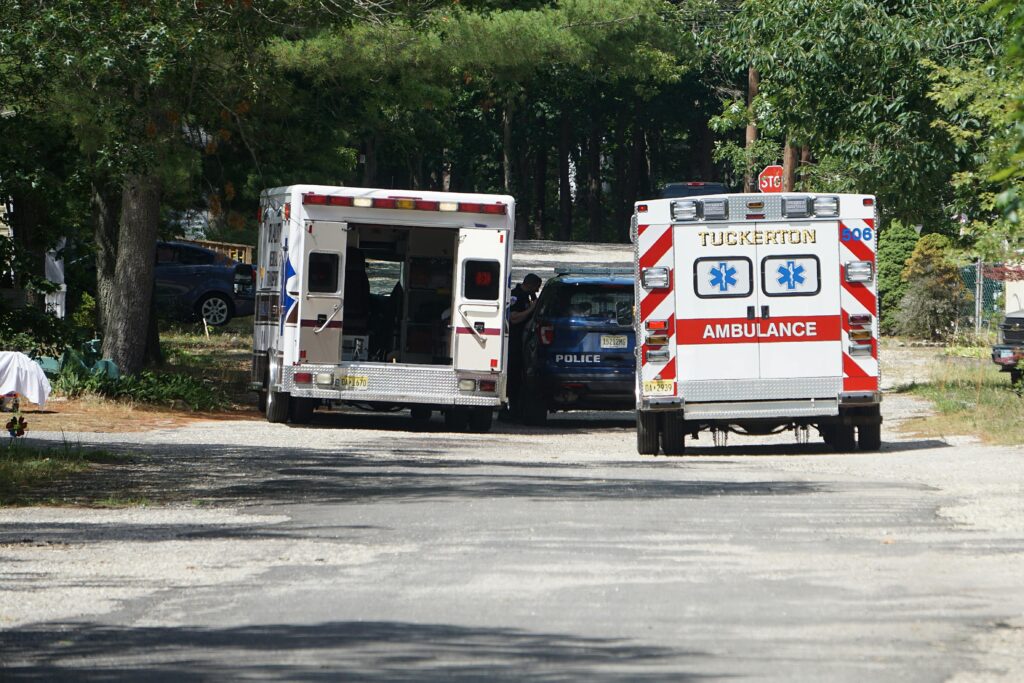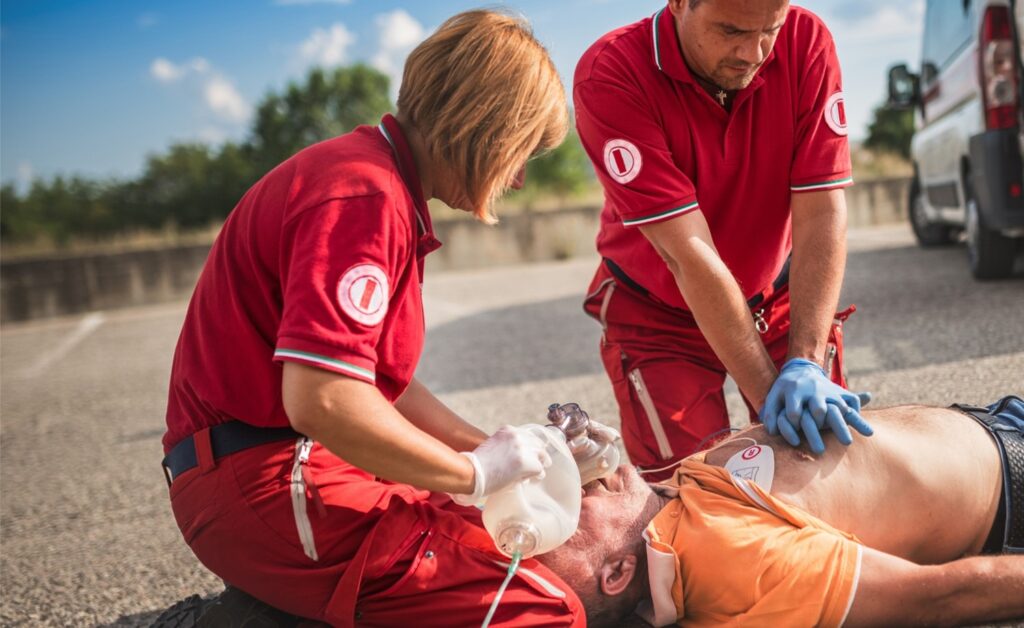Heavy bleeding can be life-threatening, and knowing the right steps can save a life. This guide provides critical first aid instructions for managing severe bleeding.
Step-by-Step Emergency Response
Step 1: Apply Direct Pressure
- Use any available clean cloth, towel, or item to press firmly on the wound
- Act as a “plug” to stop blood flow and help blood clot
- Apply continuous, firm pressure directly on the wound
Step 2: Call Emergency Services
- Immediately dial 999 (or your local emergency number)
- Provide clear information about the situation
- Follow the operator’s specific instructions carefully
Step 3: Maintain Pressure
- Continue applying pressure until professional medical help arrives
- If the initial cloth becomes soaked with blood, replace it with a fresh item
- Do not remove the original cloth, as this might disrupt clotting
Critical Warnings
What Not to Do
- Do not remove an embedded object in the wound
- Do not wash a heavily bleeding wound
- Do not attempt to clean the wound during heavy bleeding
Recognizing and Responding to Shock
Signs of shock include:
- Pale skin
- Feeling cold
- Dizziness
If shock is suspected:
- Continue applying pressure to the wound
- Lie the person down
- Lift their feet higher than their heart
- Keep them warm with blankets or coats
- Provide reassurance
Additional Resources
- Consider obtaining a Public Access Trauma First Aid kit (PAcT kit)
- These kits are designed for emergency bleeding control
- Often found in public places alongside AEDs
Safety Precautions
- If you have open cuts, use plastic gloves or a barrier
- Most infections can be prevented by proper precautions
- Your safety is also important during emergency first aid
When to Seek Further Medical Help
- Always call 999 for severe, uncontrolled bleeding
- For non-emergency medical advice, call 111
- Seek professional medical treatment after initial first aid
Conclusion
Quick, decisive action is crucial when managing heavy bleeding. Remember: apply pressure, call for help, and keep the injured person calm and warm.


